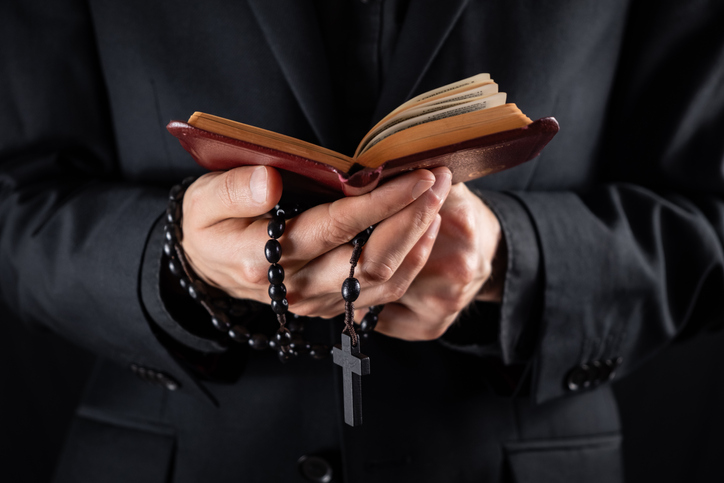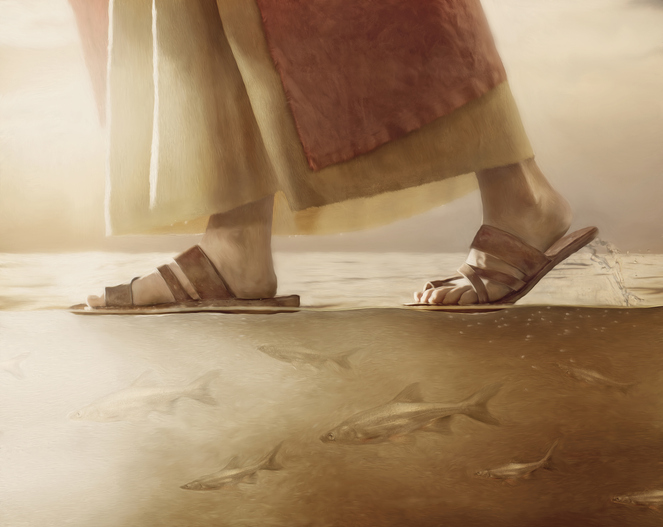Today is the memorial of Saint John Vianney, patron saint of parish priests. We frequently discuss our pastors and their associates, especially when it comes to difficult or controversial decisions that they make. Given my role working for a parish with four priests and four deacons, I think that it might be good to discuss parish priests from the inside.
Depending on your background as a faithful Catholic, you might have one of two attitudes towards parish priests. You may see them as wonderful men who can practically do no wrong, entrusted with sacred faculties to act in the person of Christ. The pastor is both leader and servant and is able to manage all things through the strength of the God who has empowered him to exercise ministry. With a little prayer, he can handle any challenge of parish life. At times, it seems that he can do no wrong.
On the other hand, you may see priests as fragile, flawed men whom God has unfathomably graced with power beyond their merits. They can do amazing things, but at the bottom, they are human and broken like the rest of us. They have divine assistance, but they desperately need our help. At times, it seems like they are no better than the average person.
Each of these conceptions has a grain of truth to it, as we can see from the special readings for Saint John Vianney. On the one hand, priests are given “authority over unclean spirits to drive them out and to cure every disease and every illness” (Matt 10:1). They are sent as God’s messengers to admonish his people, spread the good news, and proclaim liberty to the captives. Parish priests are given abundant grace to overcome every situation, priming them for holiness.
On the other hand, “The harvest is abundant but the laborers are few” (Matt 9:37). Priests may have power, but they can be outnumbered. They cannot always bear the weight of their duties. The first reading from Ezekiel speaks of a priest’s immense responsibility for those who turn away from God: “I will hold you responsible for his death if you did not warn him” (Ezek 3:20). Priests have awesome power, but they also have a grave responsibility. Sometimes it is too much for them to handle gracefully.
An accurate perspective on parish priests needs to take account of both of these attitudes. Yes, priests are given immense power, authority, and grace. They have been privileged for holiness. Yes, priests are flawed, fragile human beings with responsibilities too great for man to bear. They are much like the rest of us.
As a liturgist working under an eight-man clergy team, I see both sides of this reality routinely. There have been many times in which a priest is being casual and lighthearted one moment and stoic the next. When discussing logistics or community life, jokes are frequent. When preaching from the ambo or explaining the Sacraments, the tone becomes loftier and more serious. Some of the priests I would consider the most simple and unintelligent have given the most profound homilies. Behind the unassuming personality and need for assistance lies an icon screen in an office, or a frequent habit of Adoration. The priests with whom I work are fragile and human, but they are blessed with grace and authority. In the less serious moments, the fragility is front and center. In the context of priestly duties, the sanctity is showcased.
Priests are men like the rest of us, struggling to maintain a life of prayer and sacrifice. Each of them has his own quirks and imperfections, and each is uniquely challenged by different aspects of parish life. Yet, while parish priests are human, they have been changed by God in their very being. They are priests after the order of Melchizedek, and nothing can take that character away from them. Their souls have been marked.
It is important to remember these things about our parish priests. When a complete picture of the priesthood informs our actions, we begin to treat these men differently. Knowing the authority and power of the priest, we address him as “father” and make every effort to avoid insulting the Lord whom he represents. Knowing the humanity and fragility of the priest, we are unafraid to converse with him as a companion on the road to heaven. We recognize that at times he will need our help and that at all times he needs our prayers.
With these things in mind, let us give thanks for our parish priests: human, yet acting in the person of the divine. Saint John Vianney, pray for our parish priests.
Contact the author
 Briana is the Pastoral Minister at St. Mark Church in Cleveland, OH. She received her Bachelor of Arts in Theology and Catechetics from the Franciscan University of Steubenville, OH and is excited to use these skills to serve the Church.
Briana is the Pastoral Minister at St. Mark Church in Cleveland, OH. She received her Bachelor of Arts in Theology and Catechetics from the Franciscan University of Steubenville, OH and is excited to use these skills to serve the Church.
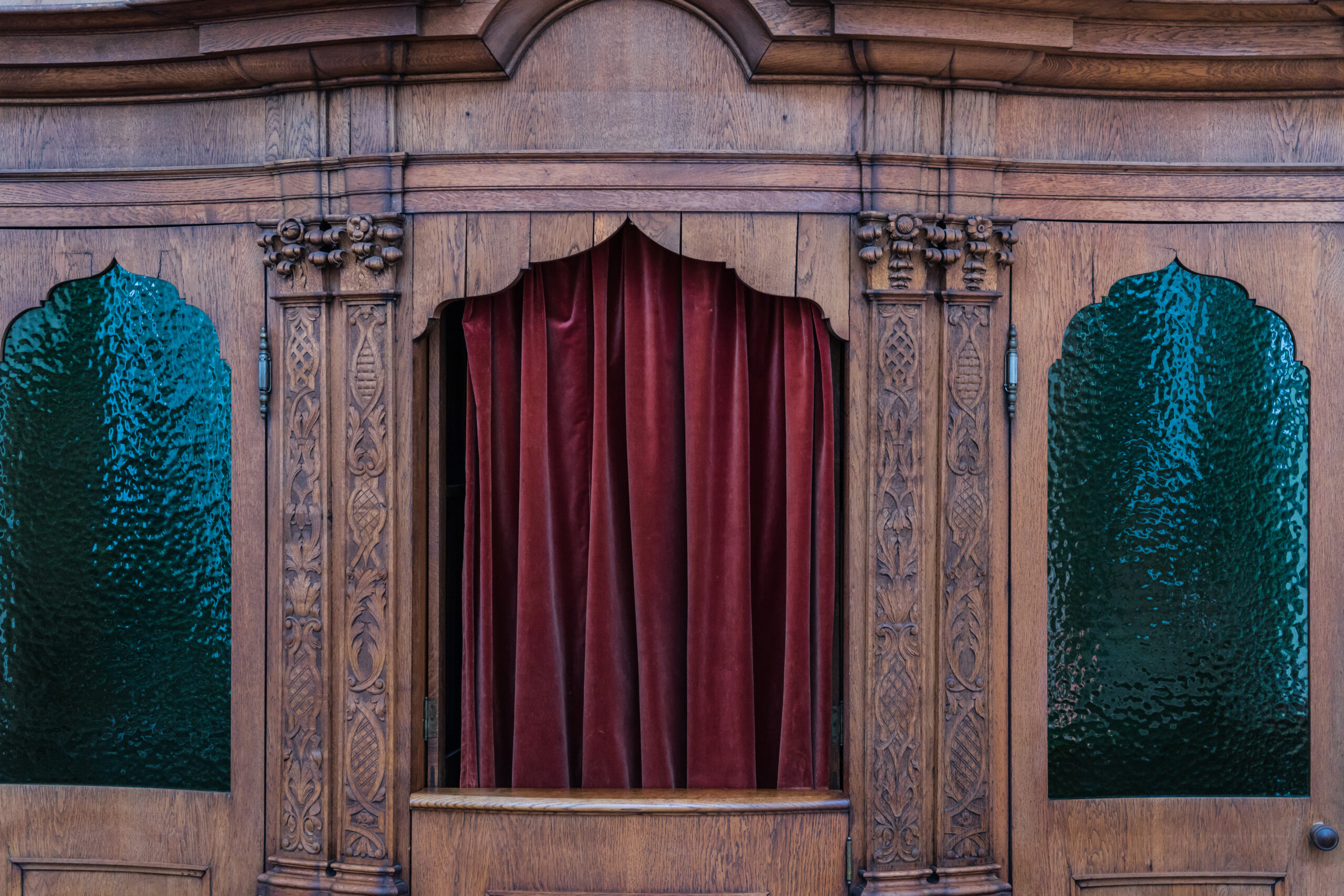
 Tommy Shultz is Director of Evangelization for the North Allegan Catholic Collaborative and the founder of Rodzinka Ministries. In these roles, he is committed to bringing all those he meets into a deeper relationship with Christ. Tommy has a heart and a flair for inspiring people to live their faith every day. He has worked in various youth ministry, adult ministry, and diocesan roles. He has been a featured speaker at retreats and events across the country. His mission and drive have been especially inspired by St. John Paul II’s teachings. Tommy is blessed to be able to learn from the numerous parishes he visits and pass that experience on in his presentations. With a degree in Theology from Franciscan University, Tommy hopes to use his knowledge to help all people understand the beauty of The Faith.
Tommy Shultz is Director of Evangelization for the North Allegan Catholic Collaborative and the founder of Rodzinka Ministries. In these roles, he is committed to bringing all those he meets into a deeper relationship with Christ. Tommy has a heart and a flair for inspiring people to live their faith every day. He has worked in various youth ministry, adult ministry, and diocesan roles. He has been a featured speaker at retreats and events across the country. His mission and drive have been especially inspired by St. John Paul II’s teachings. Tommy is blessed to be able to learn from the numerous parishes he visits and pass that experience on in his presentations. With a degree in Theology from Franciscan University, Tommy hopes to use his knowledge to help all people understand the beauty of The Faith.
 Kathryn Mulderink, MA, is married to Robert, Station Manager for Holy Family Radio. Together they have seven children (including newly ordained Father Rob and seminarian Luke ;-), and two grandchildren. She is a Secular Discalced Carmelite and has published five books and many articles. Over the last 25 years, she has worked as a teacher, headmistress, catechist, Pastoral Associate, and DRE. Currently, she serves the Church as a writer and voice talent for Catholic Radio, by publishing and speaking, and by collaborating with the diocesan Office of Catechesis, various parishes, and other ministries to lead others to encounter Christ and engage their faith. Her website is
Kathryn Mulderink, MA, is married to Robert, Station Manager for Holy Family Radio. Together they have seven children (including newly ordained Father Rob and seminarian Luke ;-), and two grandchildren. She is a Secular Discalced Carmelite and has published five books and many articles. Over the last 25 years, she has worked as a teacher, headmistress, catechist, Pastoral Associate, and DRE. Currently, she serves the Church as a writer and voice talent for Catholic Radio, by publishing and speaking, and by collaborating with the diocesan Office of Catechesis, various parishes, and other ministries to lead others to encounter Christ and engage their faith. Her website is 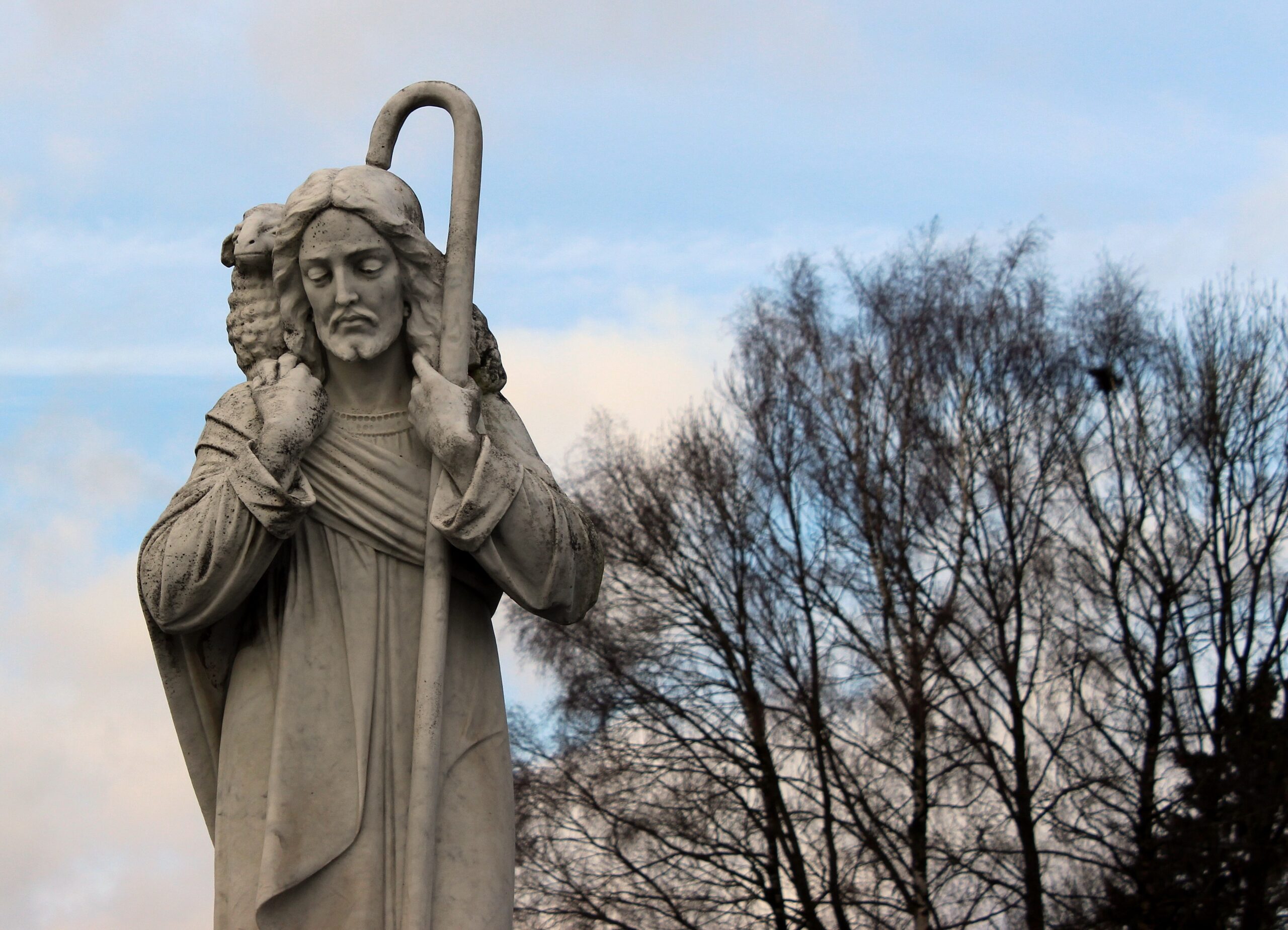
 Sarah Rose hails from Long Island and graduated from Franciscan University in 2016 with a Bachelor’s in Theology & Catechetics. She is happily married to her college sweetheart John Paul. They welcomed their first child, Judah Zion, in 2019. She is passionate about her big V-vocation: motherhood, and her little v-vocation: bringing people to encounter Christ through the true, the good, and the beautiful. She loves fictional novels, true crime podcasts/documentaries, the saints (especially Blessed Chiara Luce Badano), & sharing conversation over a good cup of coffee. She is currently the Coordinator of Young Adult Ministry at St. Cecilia Church in Oakley, Cincinnati. You can find out more about her ministry here:
Sarah Rose hails from Long Island and graduated from Franciscan University in 2016 with a Bachelor’s in Theology & Catechetics. She is happily married to her college sweetheart John Paul. They welcomed their first child, Judah Zion, in 2019. She is passionate about her big V-vocation: motherhood, and her little v-vocation: bringing people to encounter Christ through the true, the good, and the beautiful. She loves fictional novels, true crime podcasts/documentaries, the saints (especially Blessed Chiara Luce Badano), & sharing conversation over a good cup of coffee. She is currently the Coordinator of Young Adult Ministry at St. Cecilia Church in Oakley, Cincinnati. You can find out more about her ministry here: 


 Erin is a Cleveland native and graduate of the Franciscan University of Steubenville. Following graduation, she began volunteering in youth ministry at her home parish of Holy Family Church. Her first “big girl” job was in collegiate sports information where, after a busy two years in the profession on top of serving the youth, she took a leap of faith and followed the Lord’s call to full-time youth ministry at St. Peter Church. She still hopes to use her communication arts degree as a freelance writer and statistician, though. You can catch her on the Clarence & Peter Podcast on YouTube as well as follow her on Twitter @erinmadden2016.
Erin is a Cleveland native and graduate of the Franciscan University of Steubenville. Following graduation, she began volunteering in youth ministry at her home parish of Holy Family Church. Her first “big girl” job was in collegiate sports information where, after a busy two years in the profession on top of serving the youth, she took a leap of faith and followed the Lord’s call to full-time youth ministry at St. Peter Church. She still hopes to use her communication arts degree as a freelance writer and statistician, though. You can catch her on the Clarence & Peter Podcast on YouTube as well as follow her on Twitter @erinmadden2016.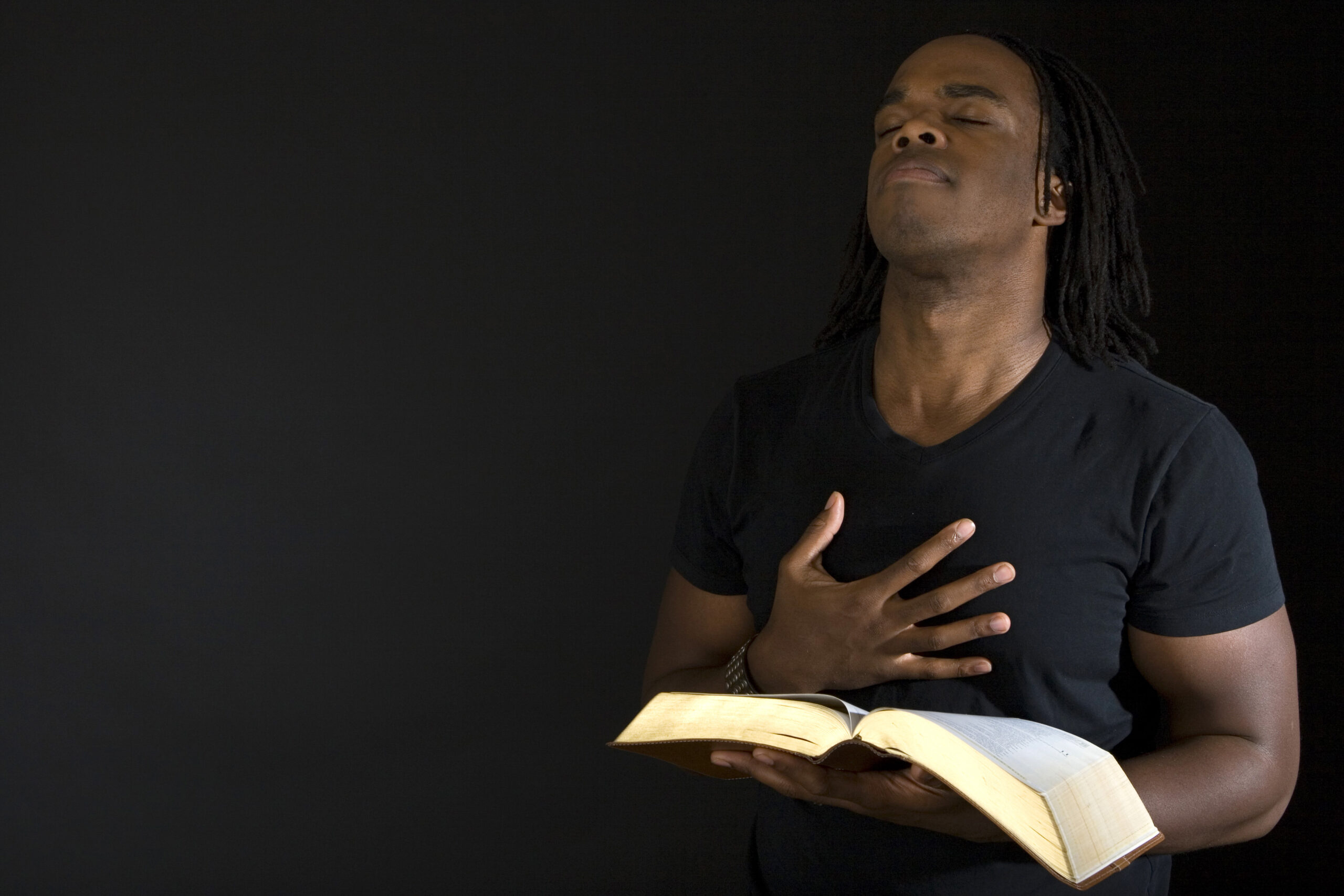
 Veronica Alvarado is a born and raised Texan currently living in Michigan. Since graduating from Texas A&M University, Veronica has published various articles in the Catholic Diocese of Austin’s official newspaper, the Catholic Spirit, and other local publications. She now works as the Content Specialist in Diocesan’s Web Department.
Veronica Alvarado is a born and raised Texan currently living in Michigan. Since graduating from Texas A&M University, Veronica has published various articles in the Catholic Diocese of Austin’s official newspaper, the Catholic Spirit, and other local publications. She now works as the Content Specialist in Diocesan’s Web Department.

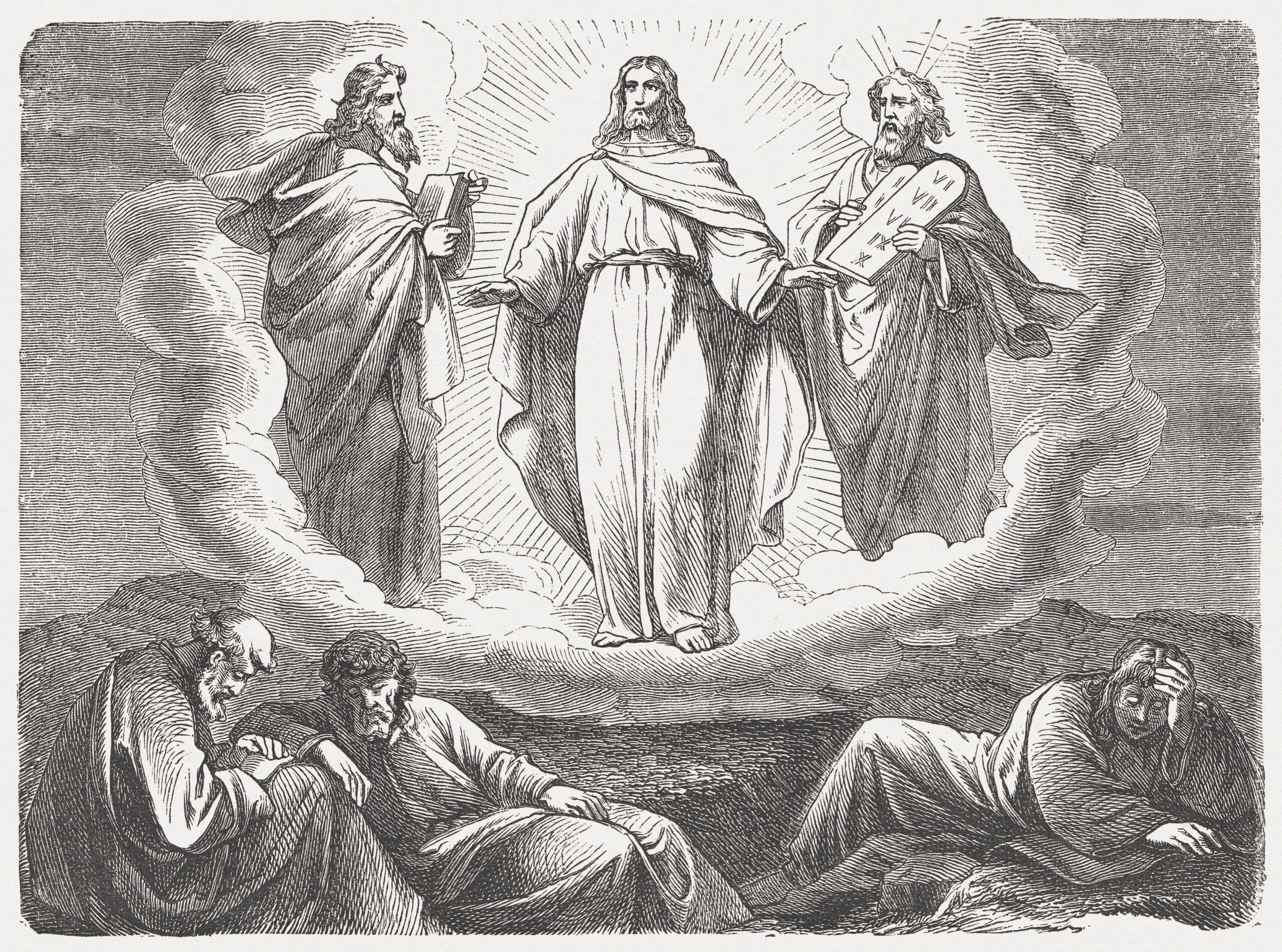
 Dakota currently lives in Denver, CO and teaches English Language Development and Spanish to high schoolers. She is married to the love of her life, Ralph. In her spare time, she reads, goes to breweries, and watches baseball. Dakota’s favorite saints are St. John Paul II (how could it not be?) and St. José Luis Sánchez del Río. She is passionate about her faith and considers herself blessed at any opportunity to share that faith with others. Check out more of her writing at
Dakota currently lives in Denver, CO and teaches English Language Development and Spanish to high schoolers. She is married to the love of her life, Ralph. In her spare time, she reads, goes to breweries, and watches baseball. Dakota’s favorite saints are St. John Paul II (how could it not be?) and St. José Luis Sánchez del Río. She is passionate about her faith and considers herself blessed at any opportunity to share that faith with others. Check out more of her writing at 

